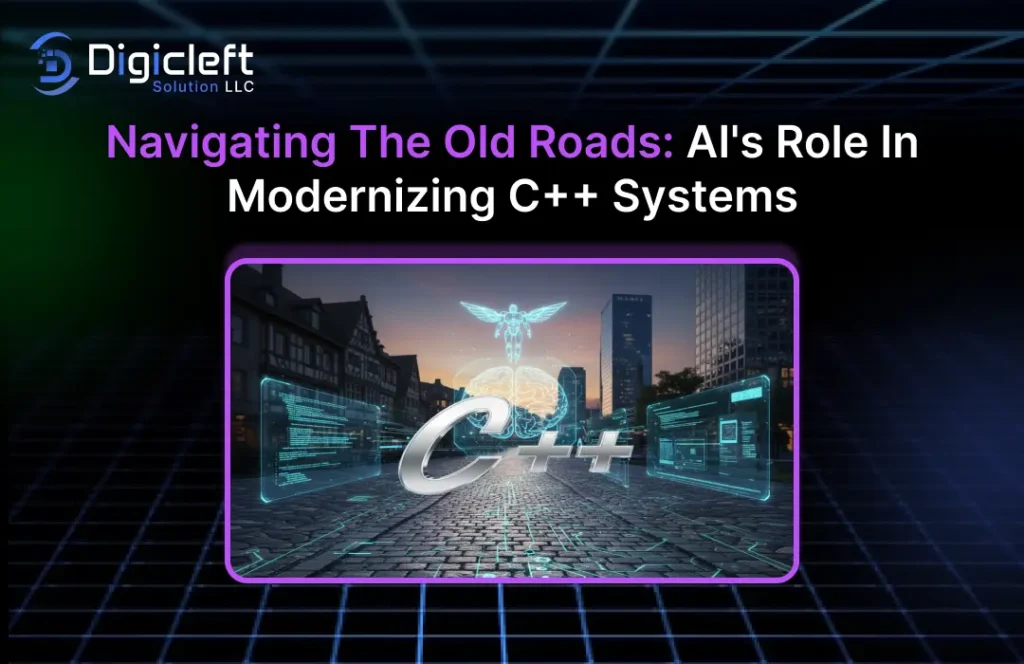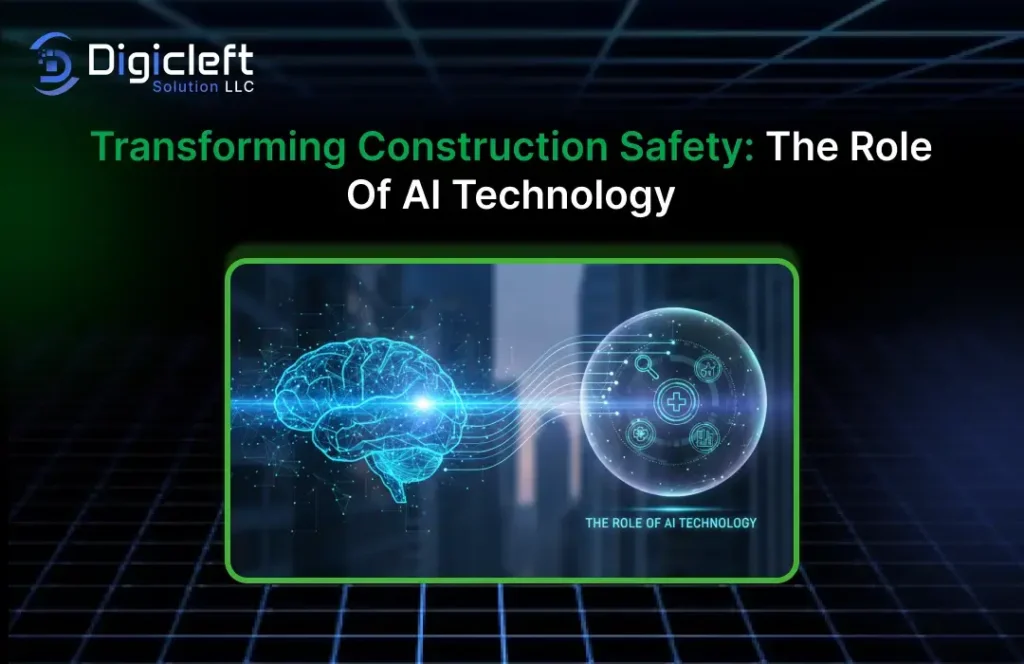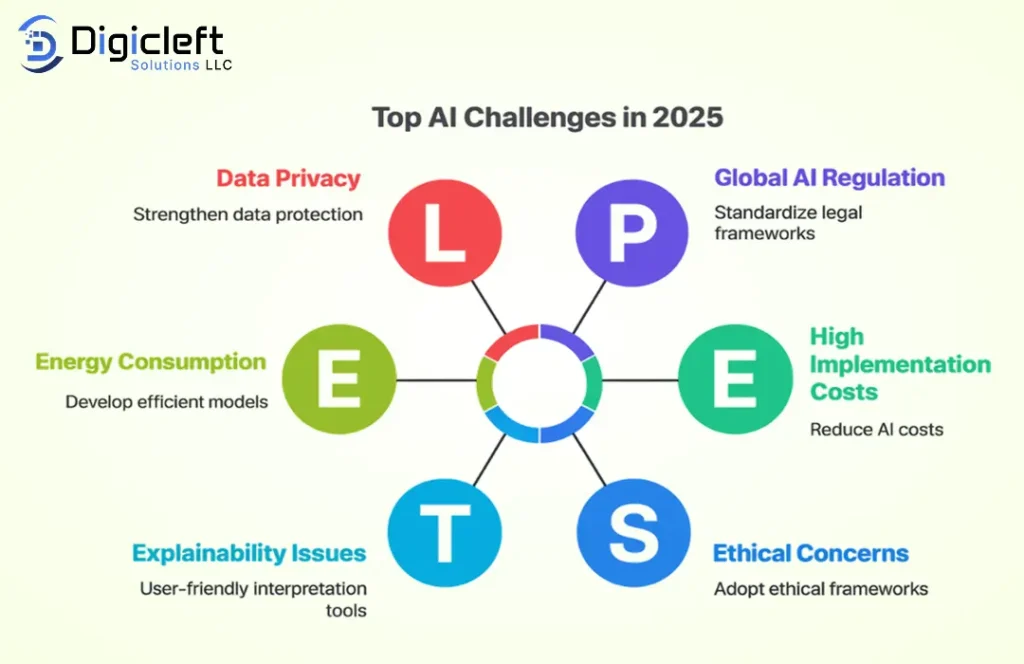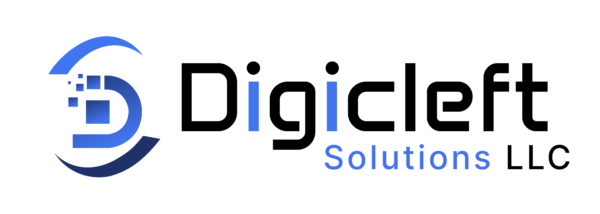
If you’ve ever worked with C, you already know it’s like that old, dependable car that refuses to quit. It’s powerful, reliable, and built to last. But as technology speeds ahead, even the most robust systems start showing signs of age. That’s where AI steps in not as a replacement, but as a turbocharger.
In this digital era, companies like Digicleft Solution are leading the charge in integrating artificial intelligence into legacy systems, ensuring C continues to thrive in the modern world.
The Legacy of C – A Double-Edged Sword
C has been around for decades, powering everything from operating systems to high-performance trading platforms. It’s fast, low-level, and flexible.
But here’s the catch maintaining old C codebases can be a nightmare. Outdated syntax, missing documentation, and dependency issues make modernization feel like untangling an ancient web. AI can help cut through that mess.
Where AI Meets C
AI isn’t here to rewrite your entire codebase it’s here to analyze, optimize, and guide. Using advanced machine learning models, AI can study your C structure, understand code relationships, and identify inefficiencies that would take humans hours or even days to uncover.
Imagine a tool that scans your code, flags outdated libraries, suggests improvements, and even predicts where bugs might appear next. That’s the magic of AI in action.
Why Modernization Matters
Running legacy C software might feel “safe,” but the truth is outdated systems are ticking time bombs.
Without modernization:
- Security vulnerabilities increase.
- Integration with modern APIs becomes harder.
- Maintenance costs rise exponentially.
Modernizing with AI not only reduces these risks but also ensures your systems stay scalable and future-ready.
AI-Driven Code Analysis
AI-driven code analysis tools like DeepCode and Codacy can detect patterns across thousands of lines of C code, identifying potential issues humans might overlook.
Think of it as having an AI-powered second pair of eyes that never sleeps. It highlights memory leaks, thread safety issues, and logical errors often before they cause real problems.

Automating Refactoring with AI
Refactoring is essential but tedious. Developers dread it because it’s risky one wrong change and the system collapses.
AI simplifies this by understanding code intent and automating repetitive refactor tasks safely. It doesn’t just replace functions blindly; it rewrites them intelligently while preserving original functionality.
Tools backed by companies like Digicleft Solution make this process seamless, helping teams clean up legacy code without slowing down operations.
AI-Powered Debugging and Testing
Gone are the days of manual trial-and-error debugging. With AI:
- Bugs are detected faster.
- Test cases are generated automatically.
- Performance bottlenecks are predicted before deployment.
AI learns from past issues meaning it gets smarter with every test run. Developers can now focus more on innovation and less on firefighting.
Integrating AI Libraries into C Systems
AI libraries aren’t just for Python anymore. With C support in TensorFlow and PyTorch, developers can integrate machine learning directly into performance-critical applications.
For example:
- Gaming: AI-driven NPC behavior and real-time optimization.
- Finance: Predictive analytics for faster market decisions.
- Healthcare: Real-time diagnostics and data modeling.
Companies like Digicleft Solution are helping developers adopt these integrations easily, blending AI power with C efficiency.
Digicleft Solution – Bridging Modernization Gaps
So, what exactly is Digicleft Solution doing differently?
They focus on bridging the gap between traditional C systems and the future of AI-driven architecture. Their modernizing toolkit includes:
- AI code scanners for identifying legacy weak points.
- Migration tools to convert old systems into cloud-ready structures.
- Security intelligence that continuously scans code vulnerabilities.
By combining AI’s predictive capabilities with deep system insights, Digicleft helps organizations breathe new life into old codebases.
Machine Learning in Legacy C Environments
Even if your system was written two decades ago, AI can still make it smarter. Through retrofitting ML algorithms, you can enable predictive analytics, automate decision-making, and enhance performance — all without rewriting from scratch.
It’s like giving your old machine a smart upgrade, so it not only runs but learns.
Natural Language Processing for Code
Yes, AI can read your comments too. With Natural Language Processing (NLP), AI can understand the context behind old documentation or even missing logic. It can summarize, rewrite, or clarify complex code parts automatically.
For developers stepping into decades-old systems, that’s like finding a translator who speaks “legacy C.”
AI-Supported Security Enhancements
Security remains one of the biggest headaches in legacy systems. AI helps by:
- Scanning for buffer overflows and memory leaks.
- Predicting attack surfaces using pattern analysis.
- Generating and applying security patches automatically.
This proactive protection ensures your modernizing journey is not just fast but also secure.

Challenges in AI-Driven Modernization
No journey is without bumps. AI modernizing faces challenges like:
- Compatibility between AI frameworks and old compilers.
- Data migration risks.
- Over-reliance on automation leading to human oversight.
But the good news? With the right strategy and support from platforms like Digicleft Solution these challenges can be managed effectively.
Future of C and AI Community
C isn’t fading away; it’s evolving. The new C23 standard includes enhancements that align with AI’s needs better memory management, concurrency support, and improved APIs.
The future points to AI-supported development ecosystems, where C developers will have AI copilots that learn, suggest, and code alongside them.
Conclusion
The roads may be old, but the destination is modern. AI isn’t here to replace C it’s here to help it evolve.
From automated debugging to intelligent refactoring, AI offers the tools we need to make legacy systems not just functional, but phenomenal. And with innovators like Digicleft Solution at the helm, modernization doesn’t have to be a struggle it can be a strategic advantage.
FAQs
- How does AI help in modernizing C systems?
AI automates analysis, debugging, and refactoring, helping developers upgrade legacy C code efficiently. - Is it safe to integrate AI into existing systems?
Yes. With proper oversight and platforms like Digicleft Solution, AI modernizing is both safe and dependable. - What’s the biggest challenge in modernizing old C code?
Compatibility and maintaining original functionality during refactoring are key challenges. - Can AI really understand C code logic?
Absolutely. Modern AI models trained on millions of code samples can detect intent, structure, and even logical errors. - Why choose Digicleft Solution for modernizing?
Because they combine AI expertise with deep C knowledge, ensuring seamless, secure, and future-ready modernizing.


